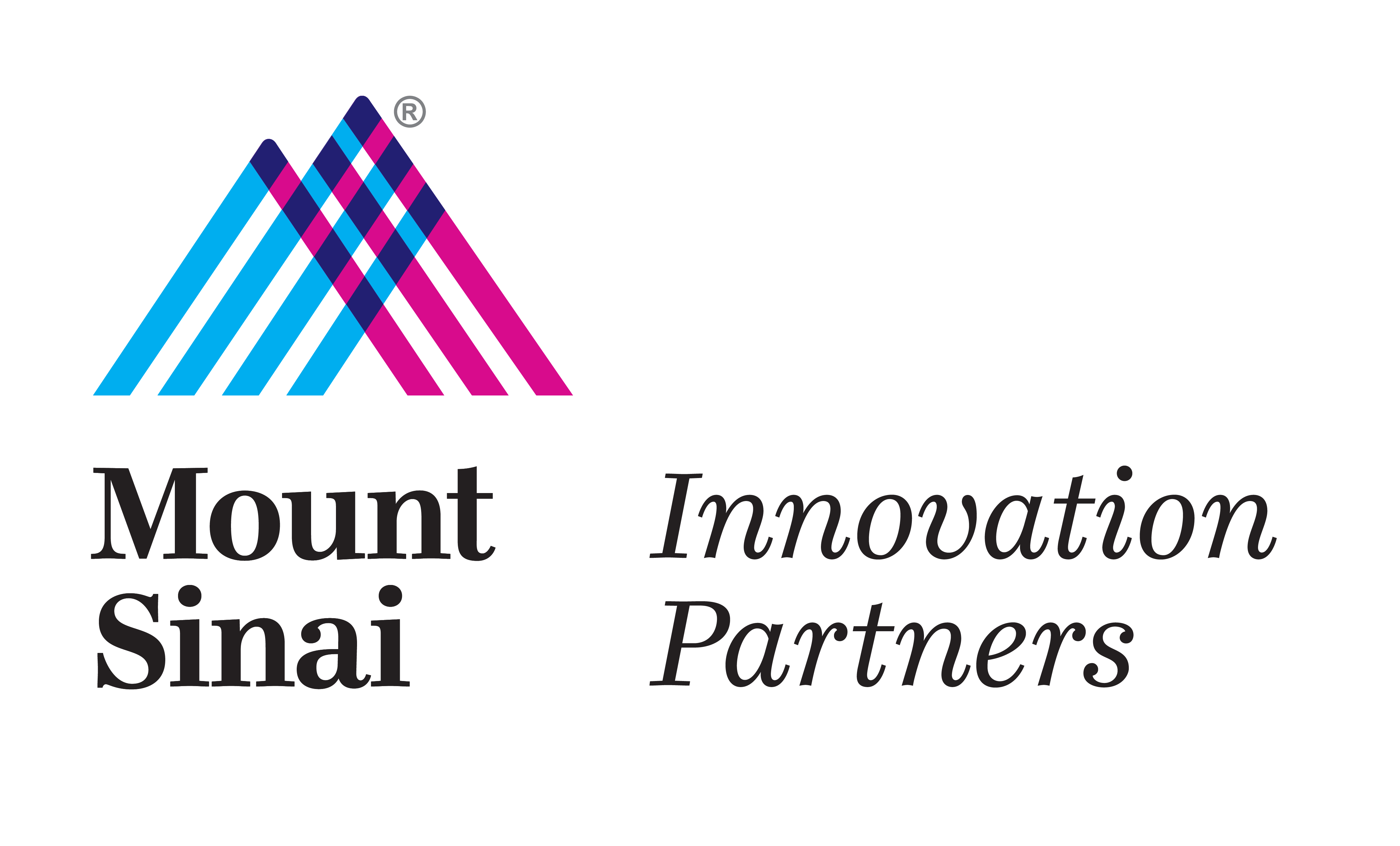PLATELET-DERIVED GROWTH FACTOR RECEPTOR BETA AND NOTCH3 RECEPTOR MODULATORS FOR THE TREATMENT OF INFANTILE MYOFIBROMATOSIS
April 24, 2014Infantile myofibromatosis (IMF) is one of the most common proliferative fibrous tumors of infancy and childhood. IMF is a disorder of mesenchymal proliferation characterized by the development of non-metastasizing tumors in the skin, muscle, bone and viscera. Occurrence within families across multiple generations is suggestive of an autosomal-dominance inheritance pattern.
Dr. John Martignetti and colleagues performed whole-exome sequencing on patients from nine different families affected by IMF. They identified mutations in two genes: PDGFRB and NOTCH3, indicating a possible target in IMF that can be modulated by FDA-approved drugs known to alder these pathways.
Current Development Status
- Ongoing experiments to determine if cells grown in the laboratory from myfibromatosis tumors are susceptible to currently prescribed PDGFRB and NOTCH3 drugs
Applications
- Infantile myofibromatosis
Advantages
- PDGFRB and NOTCH3 are two genes that are targeted by existing drugs, including imatinib (GLEEVEC®) and sunitinib (Sutent®)
- Other PDGFRB inhibitors formerly in clinical trials such as SU101 and SU11657
- The PDGFRB inhibitor CT52923
- Anti-NRR1 and/or NRR2 antibodies or the gamma-secretase inhibitor MRK-003
Publications
- Martignetti et al. “Mutations in PDGFRB Cause Autosomal-Dominant Infantile Myofibromatosis”. American Journal of Human Genetics 2013 June 6; 92:1001-1007
Patent Status
- International Application PCT/US2014/035000 filed April 22, 2014
- Status: Published. International Application No. WO 2014/176259
Contact Information
William Chiang, PhD
Business Development Consultant
Mount Sinai Innovation Partners | Icahn School of Medicine at Mount Sinai
Phone: (609) 575-7033

